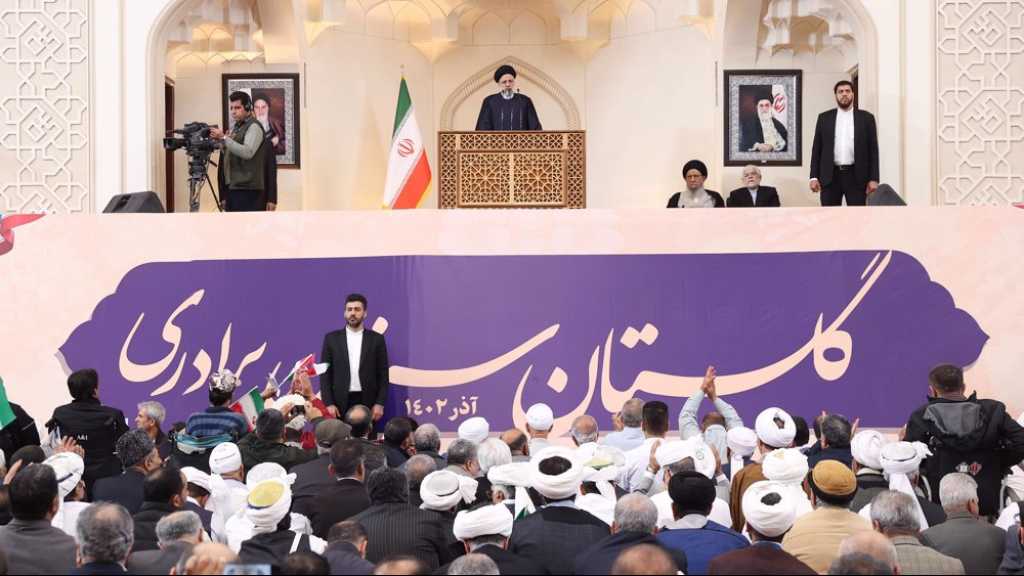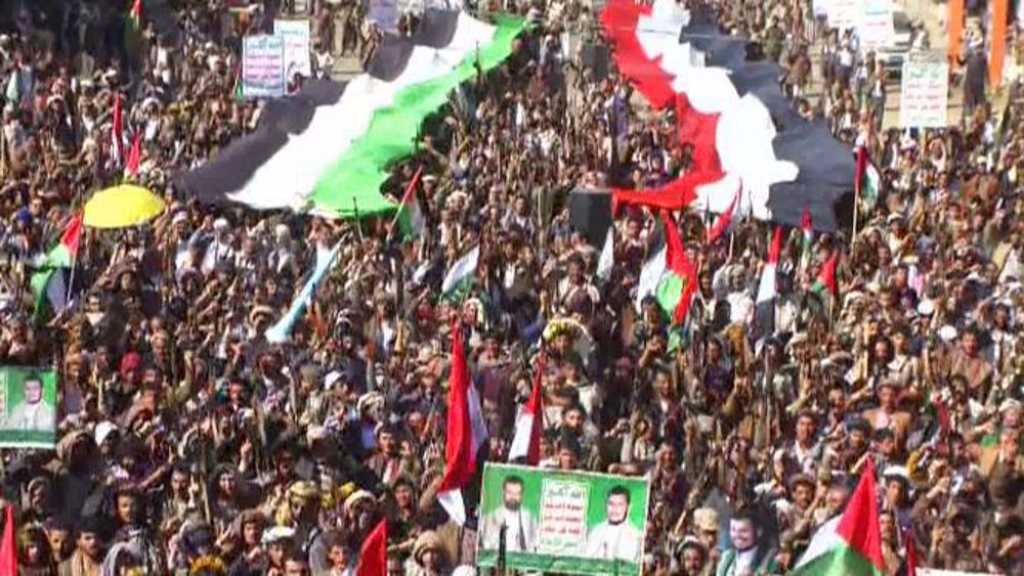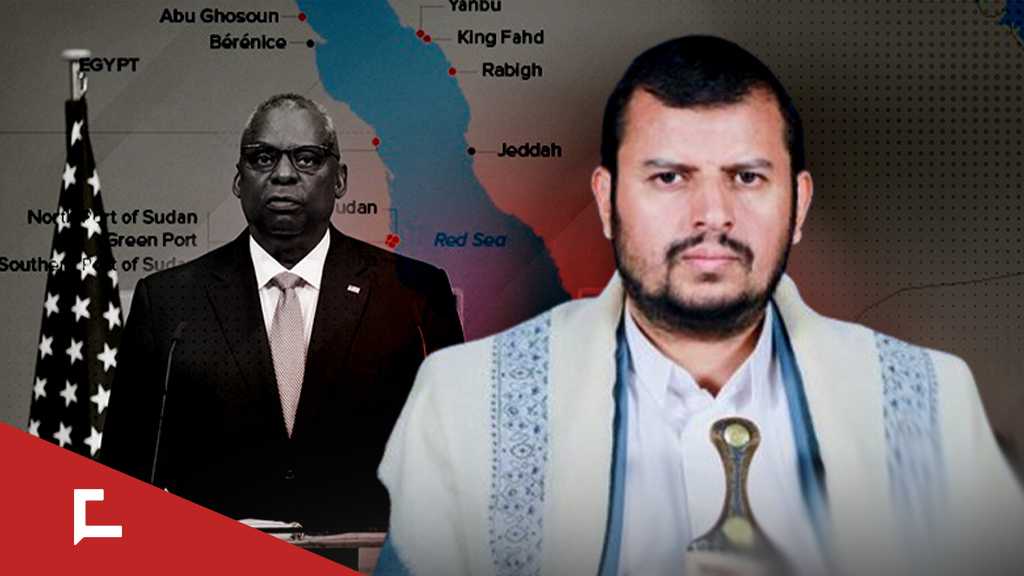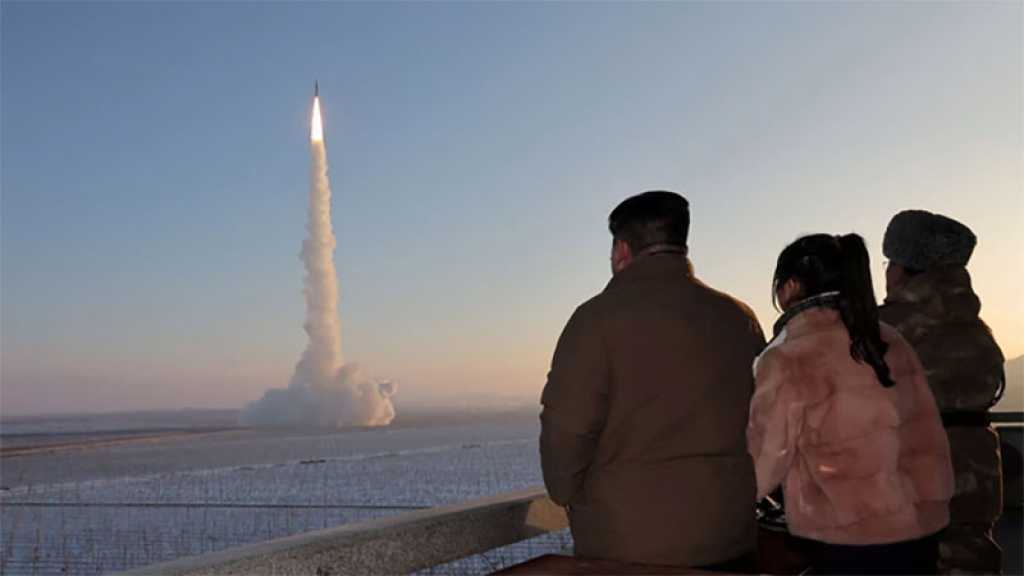
Heavy Water Reactor’s Secondary Part Operational in 3 Weeks - AEOI Chief
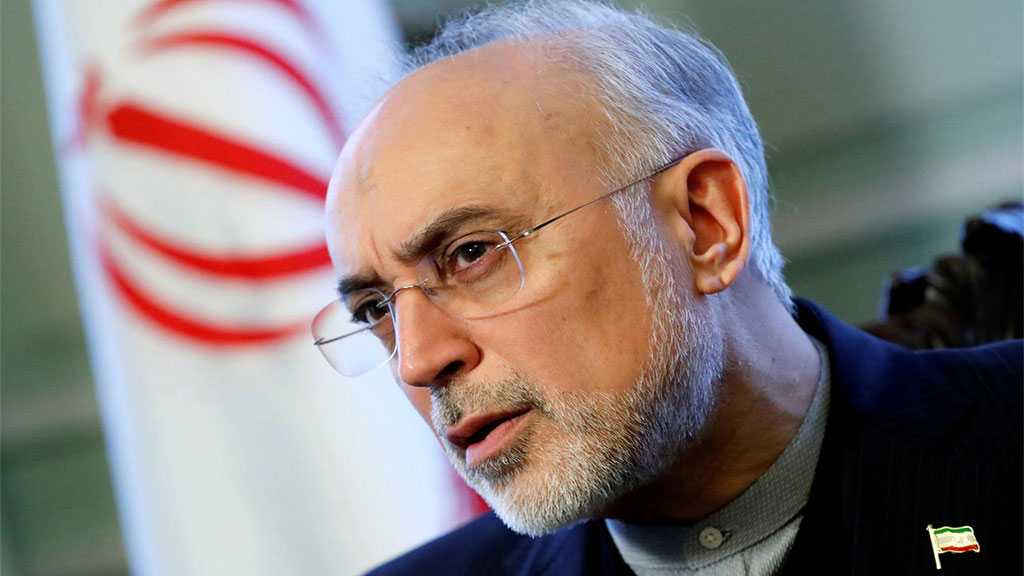
By Staff, Agencies
Head of the Atomic Energy Organization of Iran [AEOI] Ali Akbar Salehi said the secondary part of the Islamic Republic’s Arak heavy water reactor will become operational within the next three weeks.
“We will make the secondary part of the Arak Heavy Water Reactor Facility operational as early as the next three weeks; the reactor consists of primary and secondary sections whereby an overwhelming part of [nuclear] processes is done in the latter,” Salehi told reporters after attending a parliamentary committee session in Tehran on Monday.
Elsewhere in his remarks, he pointed to the latest condition of units 2 and 3 of the Bushehr Nuclear Power Plant, saying, “It’s been two years since [the construction of] Bushehr’s reactors 2 and 3 started, and according to plans, the second reactor will become functional in 2025 and the third in 2027.”
Underscoring technical measures adopted by Tehran to scale back its nuclear commitments under the landmark 2015 nuclear deal, officially known as the Joint Comprehensive Plan of Action [JCPOA], Salehi said “the reduction of obligations would not constitute a violation of the JCPOA from a technical perspective and the possibility of returning to the pre-JCPOA conditions still exists.”
Before the deal was concluded, the AEOI head said, Iran enriched approximately 2,300 kilograms of enriched uranium [per year] and the current figure stands at 1,700-1,800 kilograms per year. "So we are returning to the conditions that existed before the JCPOA in terms of uranium enrichment capacity," he added.
“In the present situation, all [centrifuges] are modern-generation machines. Therefore, [the pace of] our research studies has not been slowed down or come to a halt,” Salehi added.
"Within the next 2-3 weeks, we will unveil a chain of 30 IR6 [modern centrifuges]," he noted.
Since May, Iran has been in the process of suspending some of its commitments under the nuclear deal, which was clinched between Tehran and the P5+1 group of countries, the US, the UK, France, Russia, China, plus Germany, in Vienna in 2015.
Tehran rowed back on its nuclear commitments three times in compliance with Articles 26 and 36 of the JCPOA.
Iran, however, stressed that its reciprocal measures will be reversible as soon as Europe finds practical ways to shield the Iranian economy from unilateral US sanctions, which were imposed last year when US President Donald Trump withdrew from the 2015 nuclear deal.
The European signatories to the JCPOA have so far failed to uphold their commitments. They have expressed vocal support for the deal, but failed to provide meaningful economic incentives as required under the nuclear agreement.
Comments
- Related News
